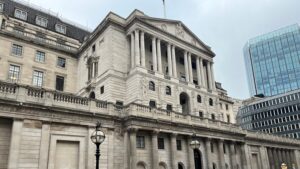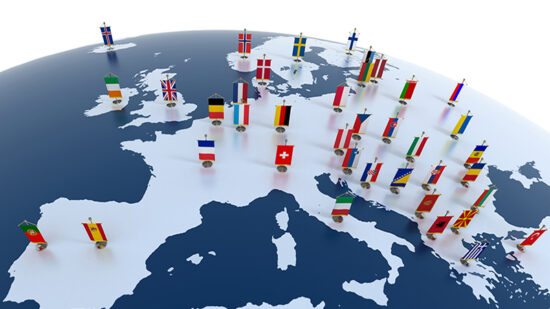At this point it’s hard, if not impossible to know which out come will win through. Furthermore an investor’s time horizon is critical in this assessment.
What is striking though is that despite the market volatility in recent years, the credit crisis and near collapse of the developed world’s financial system, precious little has been done to dampen potentially destabilising bubbles developing.
Hygiene factor
Commodities are the essential inputs into economic growth, whether they are agricultural products, metals and minerals or energy, and if stable long-term economic growth is desirable, which I believe it is, then the current gyrations in commodity prices could do with being curbed.
Since the beginning of the year to 28 April silver rose in price by 64%, it has since fallen by 28%, leaving it up 17% year-to-date. Cotton has followed a very similar pattern. Copper on the other hand rose only 5.4% to its peak this year but has since fallen back 14.5%. But this hides the fact that copper is at a new all-time high this year, higher than its pre-crisis peak in 2008.
Oil is presently sitting 10% below its peak of a few weeks back. A 10% fall may not be as impressive as a 30% fall, but oil experienced its biggest one-day fall on record in this sell-off. A falling oil price is of course a good thing for the economy, but large commodity price fluctuations make it hard for businesses to plan projects for the future and their running costs can be hit hard.
Investors suffer
Rising prices hit consumers with cost-push inflation, over which central banks currently have no control, despite what they may wish to think and this damages economic growth. These sharp price movements are rarely driven by the end users, i.e. industry; they are driven by investors and speculators.
It is only since commodities have become readily available as packaged products that investors have been able to become involved in a meaningful way. As investors are not the end users of these commodities, they simply sit in the middle of the chain in the hope of a financial gain whilst the ultimate end users, the majority of the population, have to suffer the consequences of their actions.
Those that benefit most are the speculators if their timing is right and behind the speculators are a relatively small number of very wealthy investors. It seems a very strange world in which the global economy is impacted to such a large extent by the actions of a very small number of human beings.
A system of controls to manage commodity prices would be a great benefit to the global economy but in a world fixated by a supposed free market ethos this is simply not going to happen.
Roll on the crash and the rally – or should that be the rally and crash – and hope you’re the right side of it.







